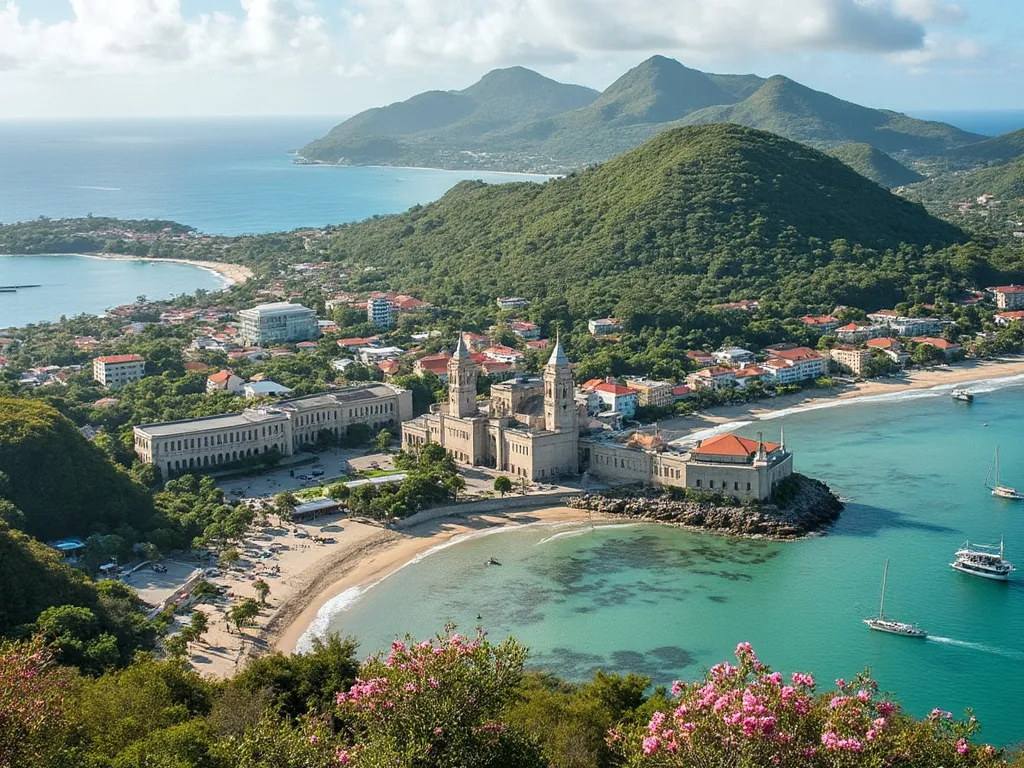
Fort-de-France is the capital city of Martinique, an overseas department and region of France located in the Lesser Antilles of the Caribbean Sea. As the largest city on the island, it serves as the economic, cultural, and administrative hub of Martinique.
Fort-de-France Information
| Country | 🇲🇶 Martinique |
| City Population | 78,126 (2017 census) |
| City Coordinates | 14°36′N 61°05′W |
| City Area | 44.21 km² (17.07 sq mi) |
| Climate | Tropical maritime |
| Language | French (official), Martinican Creole |
| Currency | Euro (€) |
| Time zone | UTC-4 (AST) |
| Proximity to other major cities | 271 km to Bridgetown, Barbados; 462 km to Caracas, Venezuela |
Historical Background of Fort-de-France
Fort-de-France was founded in 1635 by French settlers. Originally named Fort-Royal, it was renamed Fort-de-France in 1807. The city has a rich history marked by colonial struggles, natural disasters, and cultural evolution. Notable events include:
- 1674: Establishment of Fort Saint Louis to protect the bay
- 1839: A major earthquake devastates the city
- 1902: Influx of refugees following the eruption of Mount Pelée
- 1946: Martinique becomes an overseas department of France
Geographical Location of Fort-de-France
Fort-de-France is situated on the western coast of Martinique, along the Caribbean Sea. The city is nestled between lush hills and a large bay, offering a picturesque setting that combines urban development with natural beauty.
Key Geographical Features:
- Fort-de-France Bay: One of the safest harbors in the Caribbean
- Nearby mountains: Providing a dramatic backdrop to the city
- Rivers: The Madame and Monsieur rivers flow through the city
Cultural Significance of Fort-de-France
Fort-de-France is a melting pot of African, European, and Caribbean cultures, reflected in its music, cuisine, and traditions. The city is renowned for:
- Creole architecture: Colorful wooden houses and colonial buildings
- Literary heritage: Birthplace of Aimé Césaire, poet and politician
- Festivals: Carnival celebrations and the Martinique Jazz Festival
- Cuisine: Blend of French and Caribbean flavors
Economic Importance of Fort-de-France
As the capital and largest city of Martinique, Fort-de-France plays a crucial role in the island's economy:
- Port activities: Major shipping and cruise ship destination
- Tourism: Gateway for visitors exploring Martinique
- Administrative center: Houses government offices and institutions
- Commercial hub: Retail, banking, and service industries
Interesting Facts About Fort-de-France
- The Bibliothèque Schœlcher, a Romanesque Revival library, was shipped piece by piece from France in 1887
- Fort-de-France is home to the Martinique Aimé Césaire International Airport
- The city's Savane park features a statue of Joséphine de Beauharnais, Napoleon's first wife, who was born in Martinique
- Fort-de-France experiences a tropical climate with an average annual temperature of 26°C (79°F)
Tourist Attractions in Fort-de-France
Fort-de-France offers numerous attractions for visitors:
- Fort Saint Louis: 17th-century military fortress
- La Savane: Central park with markets and cultural events
- Schœlcher Library: Architectural marvel and cultural center
- Cathedral of Saint-Louis: Neo-Romanesque cathedral dating back to 1895
- Covered Market: Vibrant marketplace selling local produce and crafts
- Aimé Césaire Theater: Modern cultural venue hosting performances
Conclusion on Fort-de-France
Fort-de-France stands as a vibrant capital city that embodies the essence of Martinique. Its unique blend of French and Caribbean influences, rich history, and strategic location make it a fascinating destination for tourists and a vital center for the island's economic and cultural life. As Fort-de-France continues to evolve, it remains true to its roots while embracing its role as a modern Caribbean capital.
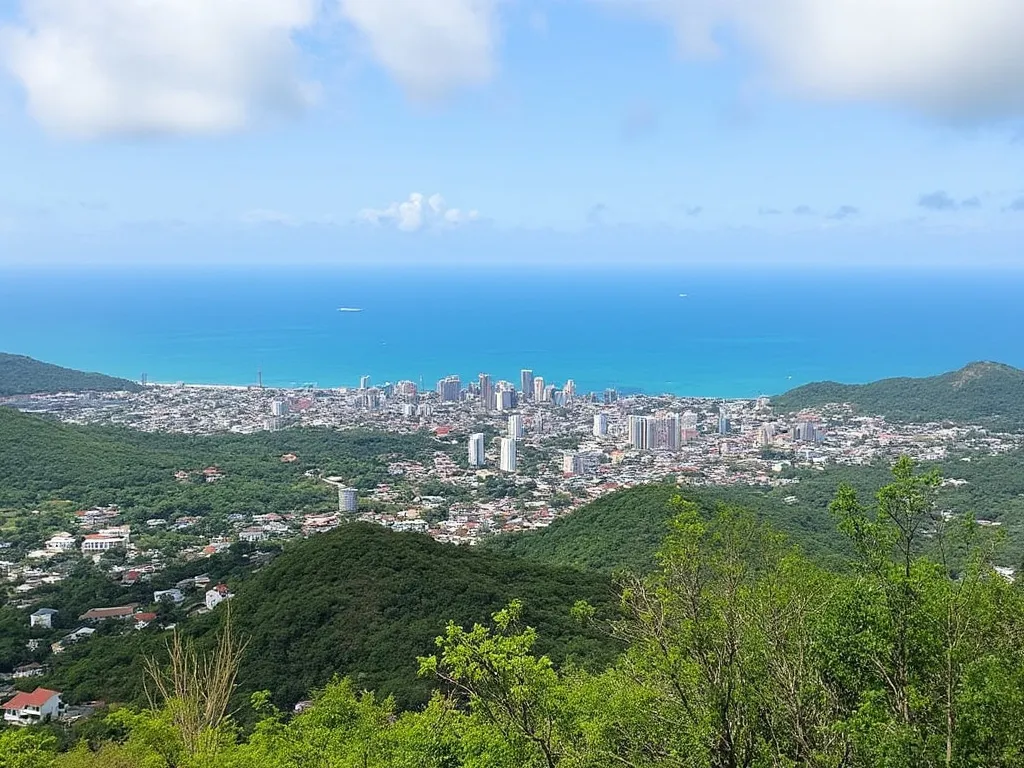 Freetown
Freetown
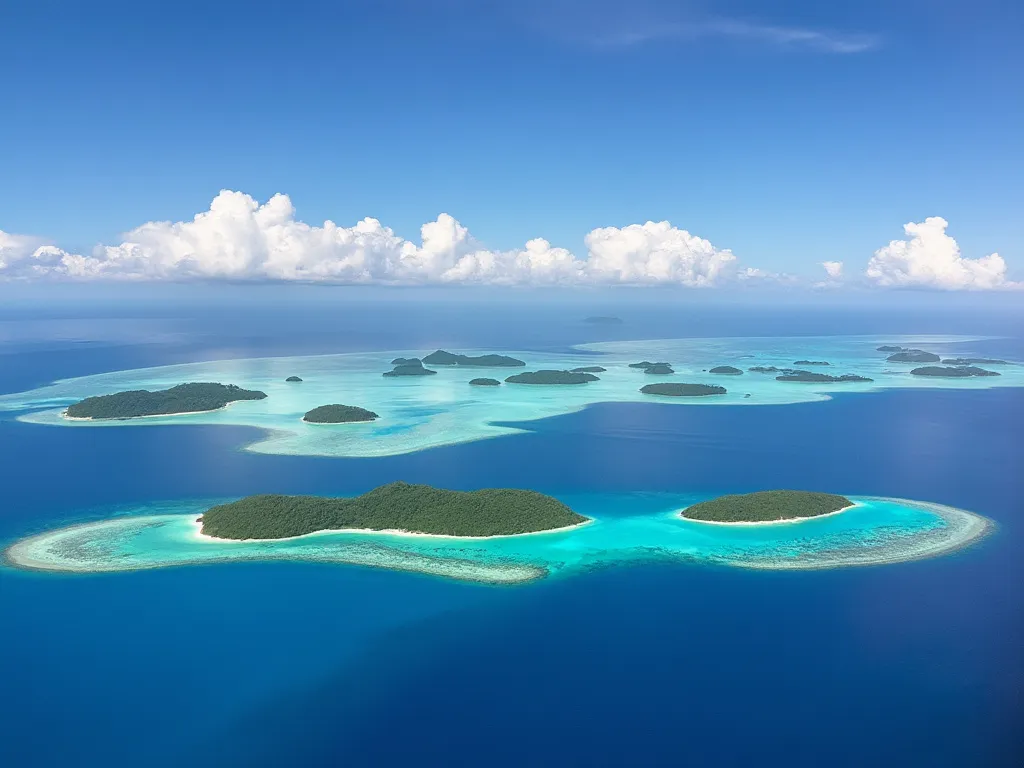 Funafuti
Funafuti
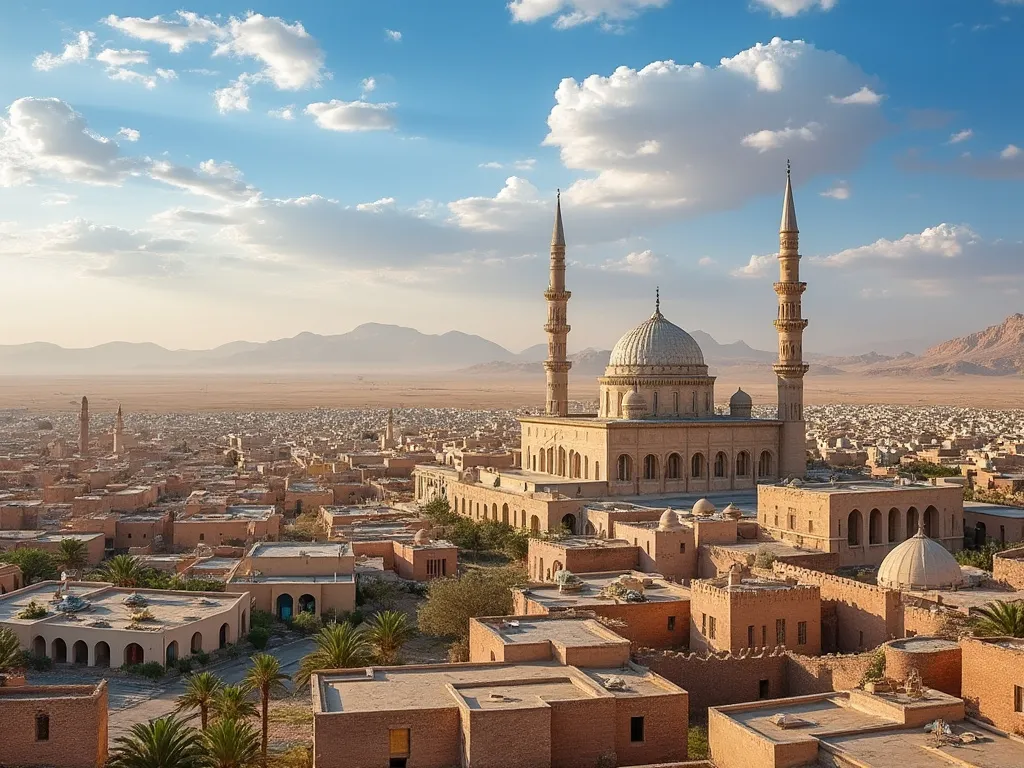 Laayoune
Laayoune
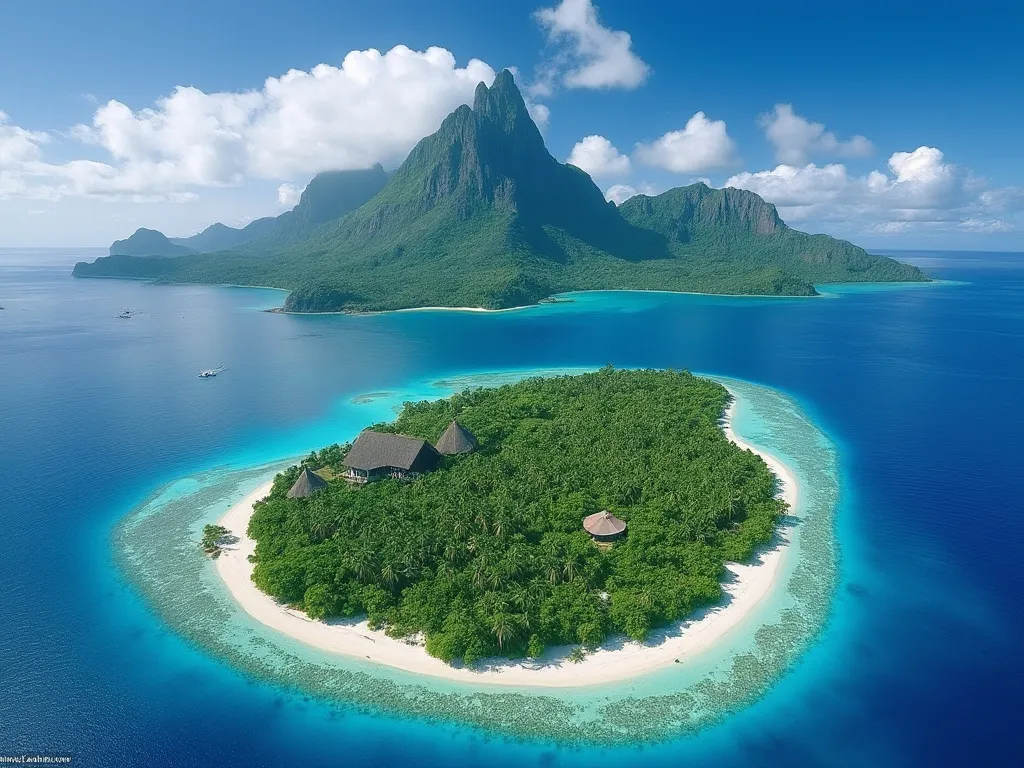 Fakaofo
Fakaofo